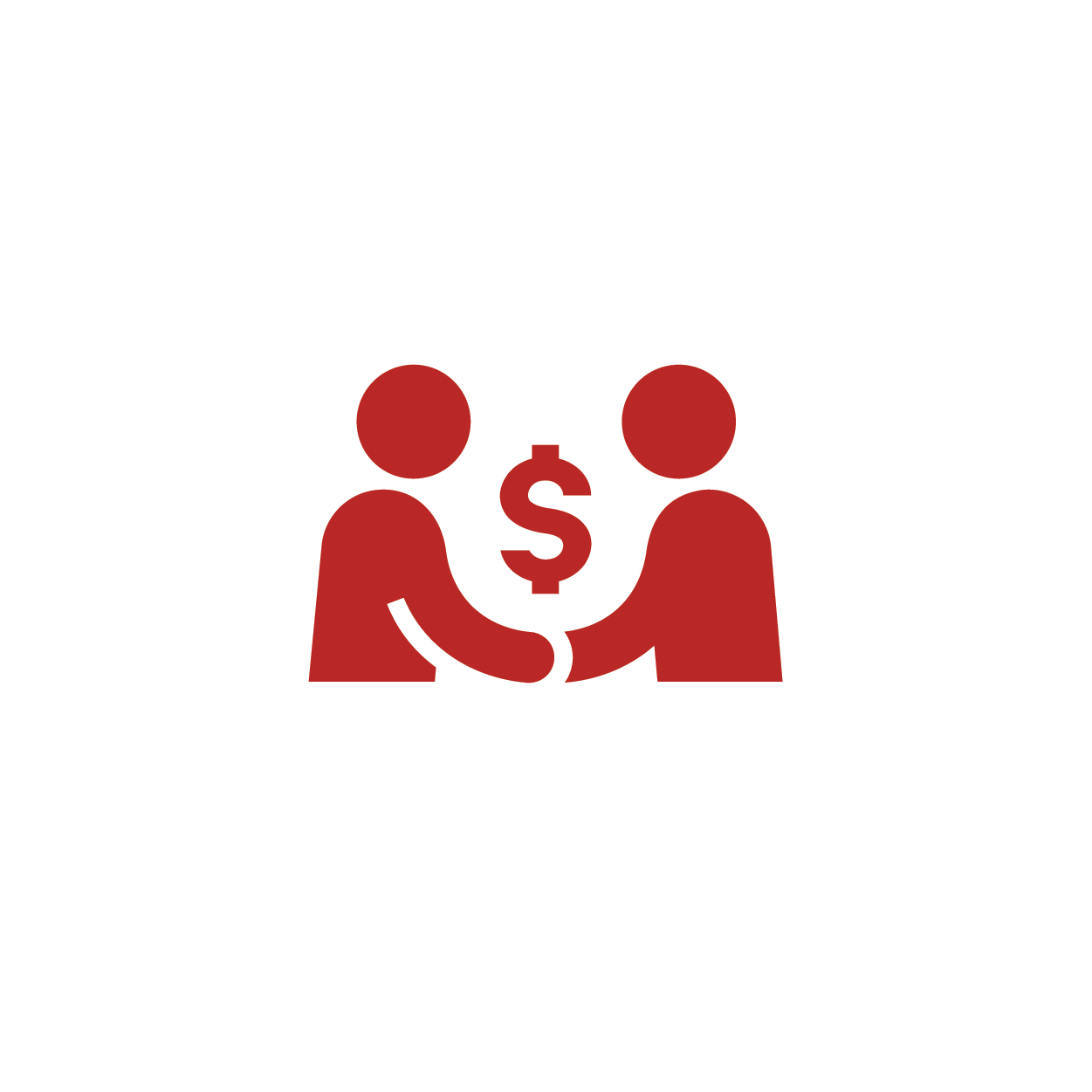How private is my credit rating?
We all have different ideas about what we think should or shouldn’t be kept private, especially when it comes to details about our bank balances and financial debt.
People have privacy rights that must be protected but some businesses also have the right to know details about your credit history when reviewing a new credit application.
In New Zealand, consumers are protected by the Privacy Act and codes and there is a specific code for credit reporting.
Organisations that can see your credit rating include money lenders, credit card companies, banks, car financers and shops that sell you goods on hire purchase.
Businesses that supply services to you such as mobile phone and internet service providers, power companies and landlords will also be able to see your credit report.
Potential employers may also request to see your credit report.
If you love Afterpay, that gives you the instant gratification of buying now and paying later, they may not check your credit score but the terms of service do give them the right to investigate your credit history and decline transactions.
Companies requesting your personal credit report must advise you that they will be accessing your report.
Also, your personal credit report may be supplied to a person who is authorised in writing to act on your behalf, for example a debt counsellor such as Debtfix or a financial adviser.
All organisations with access to your credit report must adhere to New Zealand’s Privacy Act and the Credit Reporting Privacy Code.
What affects my credit rating?
When a credit report is compiled it will include information about any debts you have not repaid.
It will also include information about any contracts or arrangements you have entered and then, not paid the bills.
For example, if you open a monthly account for your mobile phone and default on the payments.
Afterpay can also report any late payments, missed payments, defaults or chargebacks.
Credit reports are not all about the bad news and your good repayment history may also be included.
Your current outstanding debt, such as mortgages, hire purchase arrangements, credit card debt is part of your credit report, which helps a potential lender determine if you are drowning in debt.
Therefore, your credit rating is a balance of good and bad repayment history, as well as the current debt you owe to all organisations.
If you have a default on your credit report it can stay there for five years – even if you eventually fully paid the debt but in this case the repayment information should be added.
Does my personal credit rating affect a business loan?
Banks will check your personal credit worthiness before deciding to approve a business loan.
However, lenders will consider the overall picture presented in a loan application such as income, current debts, expenses and assets your company owns, and any security that is being made available, such as a second charge on your house.
Your accountant can assist with cash flow forecasts, balance sheets, and profit and loss reports that are essential for business loan applications.
And, if you have a good relationship with your bank – that will go a long way towards the business manager fully understanding your ability to repay a loan.
There are other options, such as crowd sourcing and companies that specialise in finance for small businesses.
How to check my credit rating?
If you are planning to apply for a loan you should check your own credit report.
You may also have other reasons for checking your credit score and now, Credit Simple creates bulletins for clients that show any changes in their rating.
In China your standing in society is now based on your credit score.
In New Zealand, it is free to access your credit report but there are a few different companies you need to contact because they can have different information about you.
Centrix www.centrix.co.nz
Credit Simple www.creditsimple.co.nz
Equifax (formerly Veda) www.mycreditfile.co.nz
It can take about 10 to 20 days to access a free report so don’t leave it until the last minute.
What can I do if my credit report is wrong?
There are cases when a credit report can be wrong, and consumers are entitled to have the details corrected.
You need to contact the credit reporting company promptly and they will contact the lender to check the facts.
During this time, they should hide the disputed information or indicate on your report that the information is disputed, and it is being checked for accuracy.
If you think you are the victim of identity fraud, with someone using your name to illegally rack up debt, you should ask credit reporters to freeze you credit report.
A credit report freeze will help prevent further credit accounts being opened in your name.
You can also request the credit reporter to hide current credit information about you.
In New Zealand, it is Privacy Week from May 13 to 18, 2019. This is a good time for businesses and consumers to consider their rights, responsibilities and policies about credit rating privacy.
If you have concerns about debt and your credit rating, contact Debtfix for free advice.




